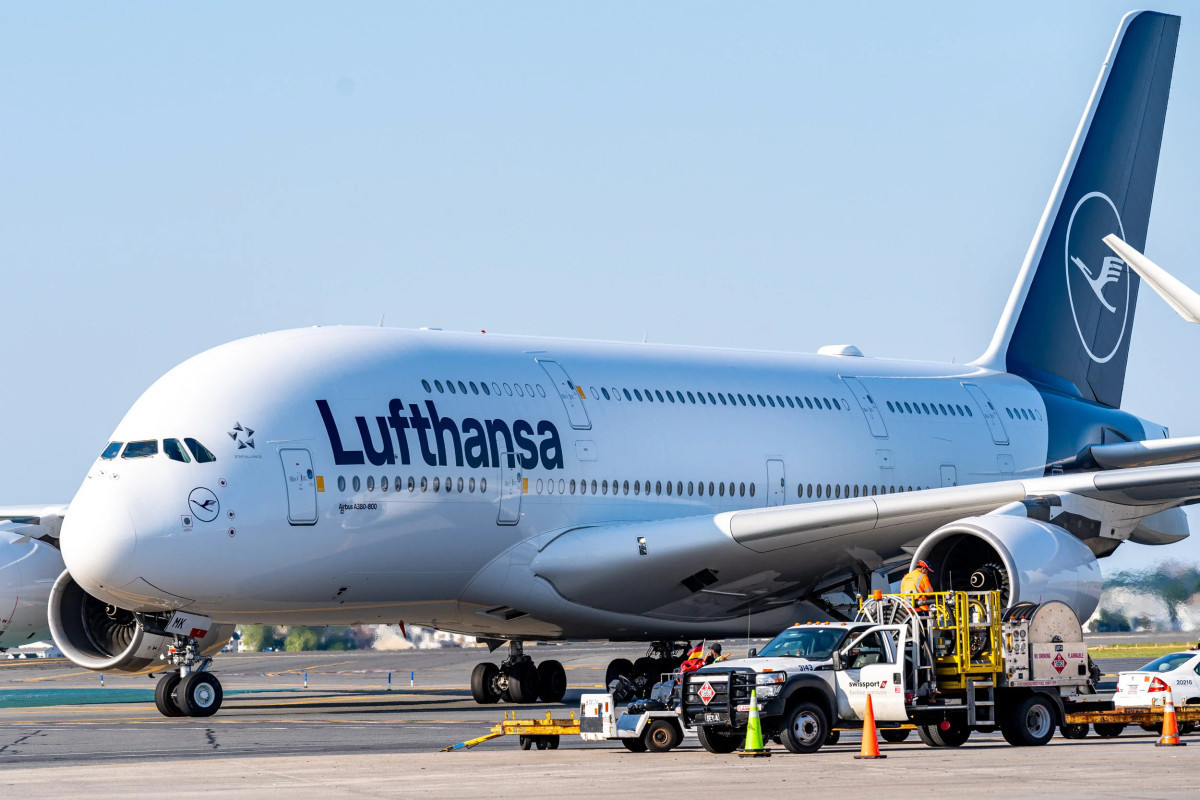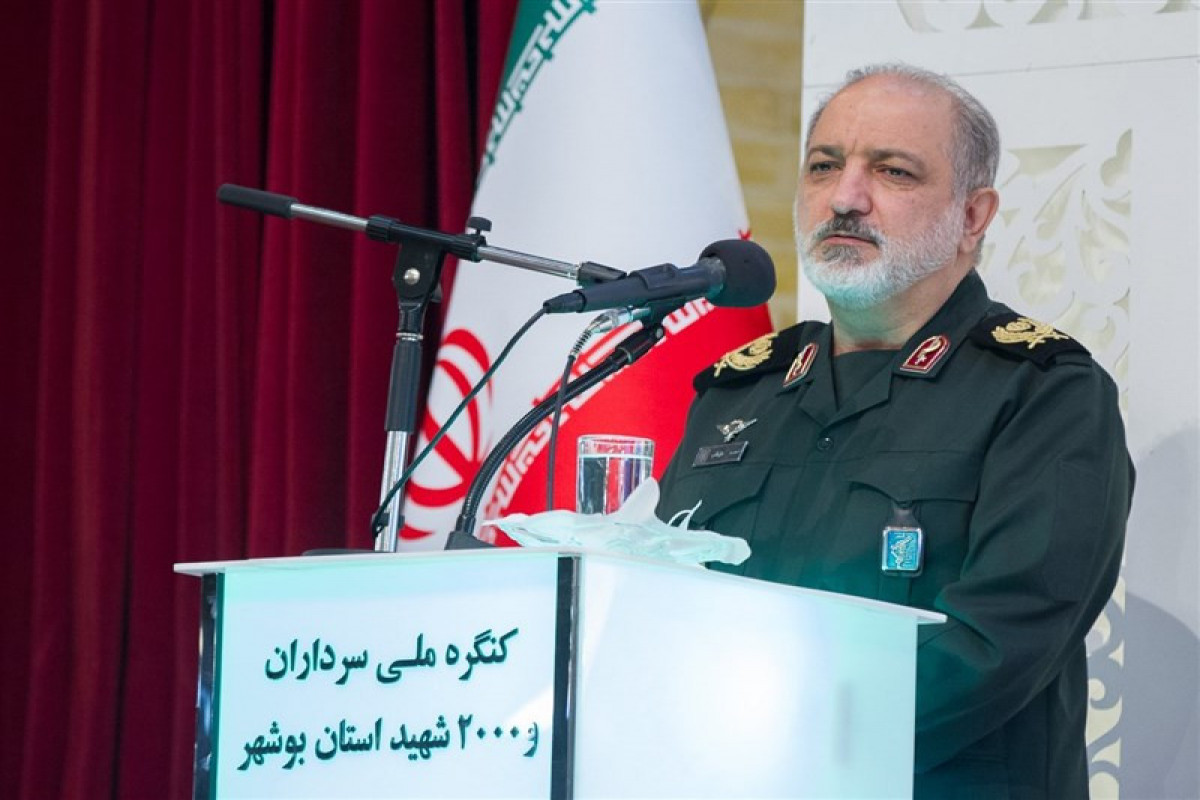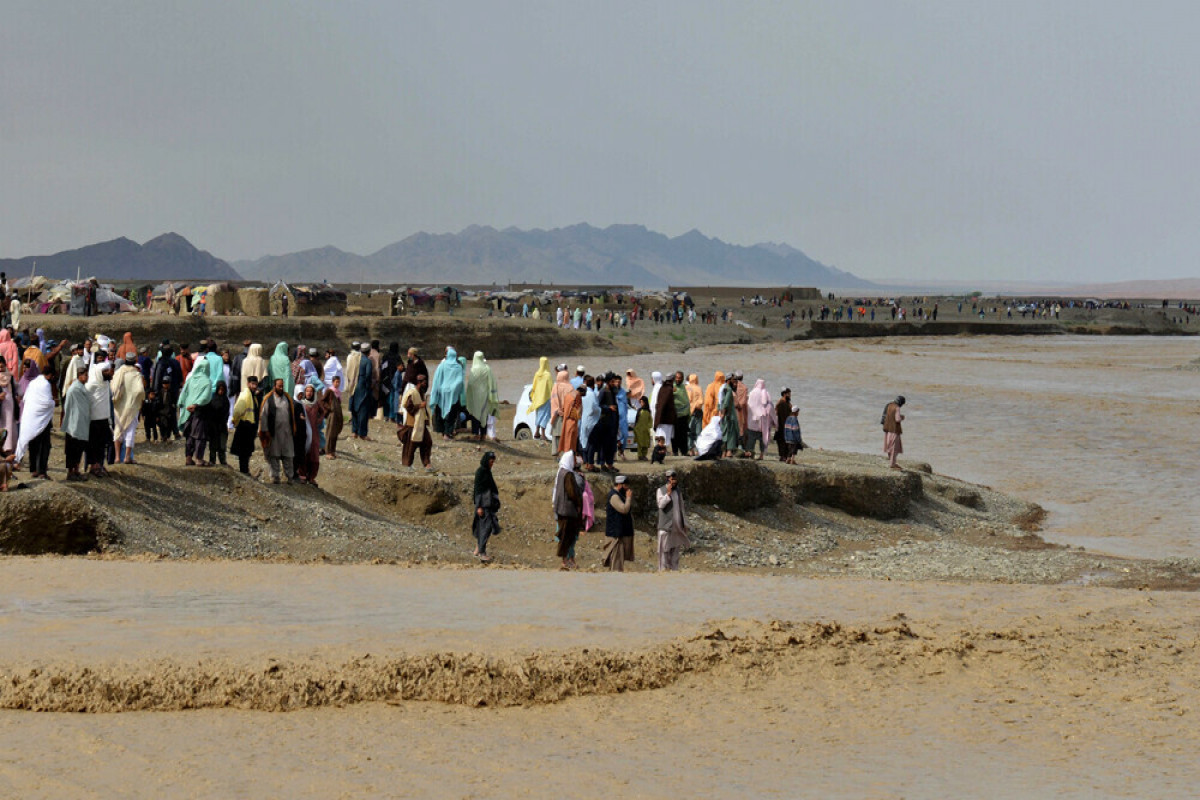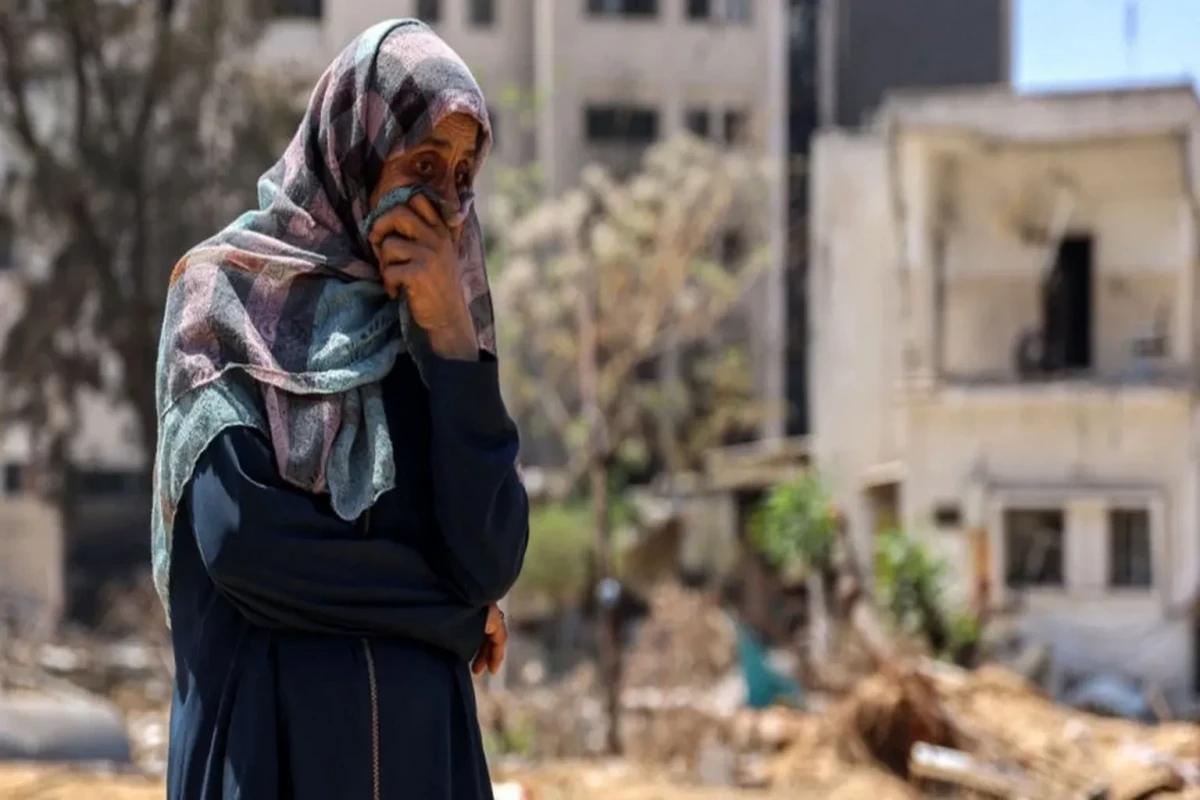According to the article, the European Commission now believes that the bloc could import between 25 billion and 35 billion cubic meters of gas a year from Iran by 2030, according to a European official and a representative of a European energy company. That would put future gas supplies from Iran on a similar level to current imports from North Africa and help reduce the bloc's dependence on shipments from Russia. Russia currently ships around 130 BCM a year to the EU.
Western governments and energy companies have been positioning themselves to once again tap Iran's rich oil and gas reserves since the prospects of a nuclear deal—and a resulting easing of sanctions on Tehran—improved earlier this year.
Earlier this month, the EU's energy and climate commissioner, Miguel Arias Cañ ete, held a lunch meeting with delegates from European energy companies, including RWE AG, E.On AG, BP PLC, Royal Dutch Shell PLC, Repsol SA, Total SA, Engie SA and Statoil ASA—to discuss possibilities in Iran.
The get-together followed contacts between commission staff and officials in Tehran, the European official said, as well as recent visits to Iran by ministers from the U.K., France, Italy, Poland, Germany and Spain, among others.
"We want our companies to go there and invest big time…before the Americans and the Chinese," said the official.
A representative from a European energy company also said the meeting on Sept. 4 was meant to encourage European firms to actively pursue ties in Iran. "They were trying to make sure that European companies aren't feeling constrained to go along," the representative said.
The commission and energy companies are walking a fine line in Iran. Tehran still needs to implement the nuclear deal reached in July, which isn't expected to happen until early next year. Until then, sanctions that have been preventing European energy companies from doing business in Iran for up to a decade will remain in place and limit their ability to pursue fresh ties.
A spokeswoman for the commission confirmed that European prospects in Iran were one of the topics discussed at the meeting, but stressed that the EU executive wasn't rushing into any formal arrangements. "When the conditions are right we will look into starting a high-level energy dialogue with Iran," she said.
Behind the scenes, however, work has been accelerating in recent months, according to European officials. Under a first tentative plan, the vast majority of the up to 35 BCM of gas from Iran would come in the form of natural liquefied gas, or LNG, and is expected reach the EU via Spain, which currently has the biggest LNG-import capacity in the EU, the European official said.
These volumes are expected to be included in the commission's LNG strategy, due to be published early next year, the official said. That means that in the near term the EU won't seek to link Iran to the Southern Corridor project being built to transport gas to Europe from Azerbaijan. Instead, pipelines able to carry gas from Spain to the rest of Europe would have to be expanded significantly.
Tehran has so far focused its efforts on selling oil reserves, which can bring in quick cash, and is eyeing Asia as a more lucrative market than Europe. But Azizollah Ramazani, the chairman of the state-run National Iranian Gas Export Co., said in April that Iran could sell some 30 BCM of gas to the EU, although he hoped to reach that target within five years, rather than the 15 envisaged by the commission.
For their part, European companies are waiting to see what changes Iran makes to the restrictive terms previously offered to foreign energy companies. The government in Tehran has said it would unveil the new contracts, which would pay companies for boosting production and encourage joint ventures, at an investor conference in London in December.
In Brussels, ties with Iran are being coordinated by the EU's foreign-policy chief, Federica Mogherini. Ms. Mogherini has said she wants to open an EU mission in Tehran once the nuclear deal is fully implemented next year, and informal talks on the shape of future relations have already started. Ms. Mogherini will meet her Iranian counterparts on the sidelines of the United Nations General Assembly in New York later this month to continue these efforts.
Still, officials stress that much of the current EU discussions with Iran remain focused on the implementation of the nuclear deal.
Past EU-Iranian relations offer a model for much broader cooperation. After the election of moderate former President Mohammad Khatami in 1997, the EU worked with Iran on a framework of energy, trade, economic and geopolitical issues. It was also pursuing a more advanced trade and cooperation agreement, efforts which came to a halt when Tehran started scaling up its nuclear program in 2005.






